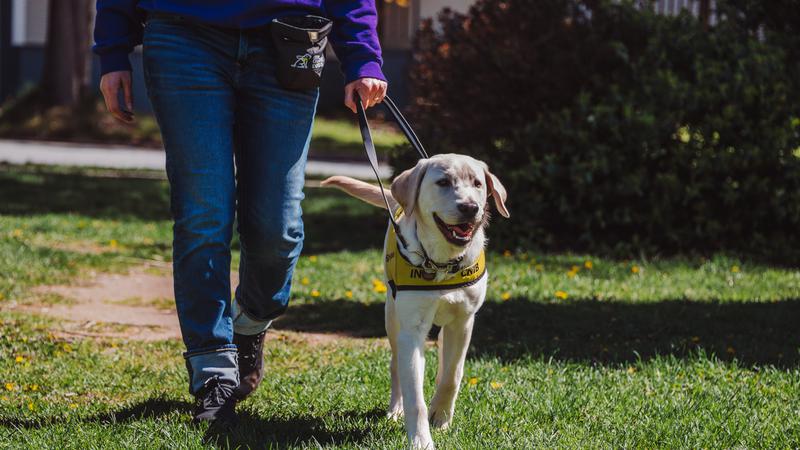
AI in higher education: Sask. universities grapple with the future of learning
As artificial intelligence (AI) becomes increasingly integrated into student learning, universities in Saskatchewan have begun implementing guidelines to help students use AI tools ethically while ensuring academic integrity.
Dr. Nancy Turner, associate vice provost of Teaching and Learning at the University of Saskatchewan, said AI has already become a fundamental part of the student’s experience.
“There are studies suggesting anywhere from 77 per cent to 86 per cent of students in Canada are using AI in some capacity,” she said. “That doesn’t mean they are using it inappropriately or to cheat – it simply means they are utilizing it to support their learning.”
A recent KPMG study in Canada found that 63 per cent of students use generative AI tools a few times a week, mainly to generate ideas, research, and edit assignments.


